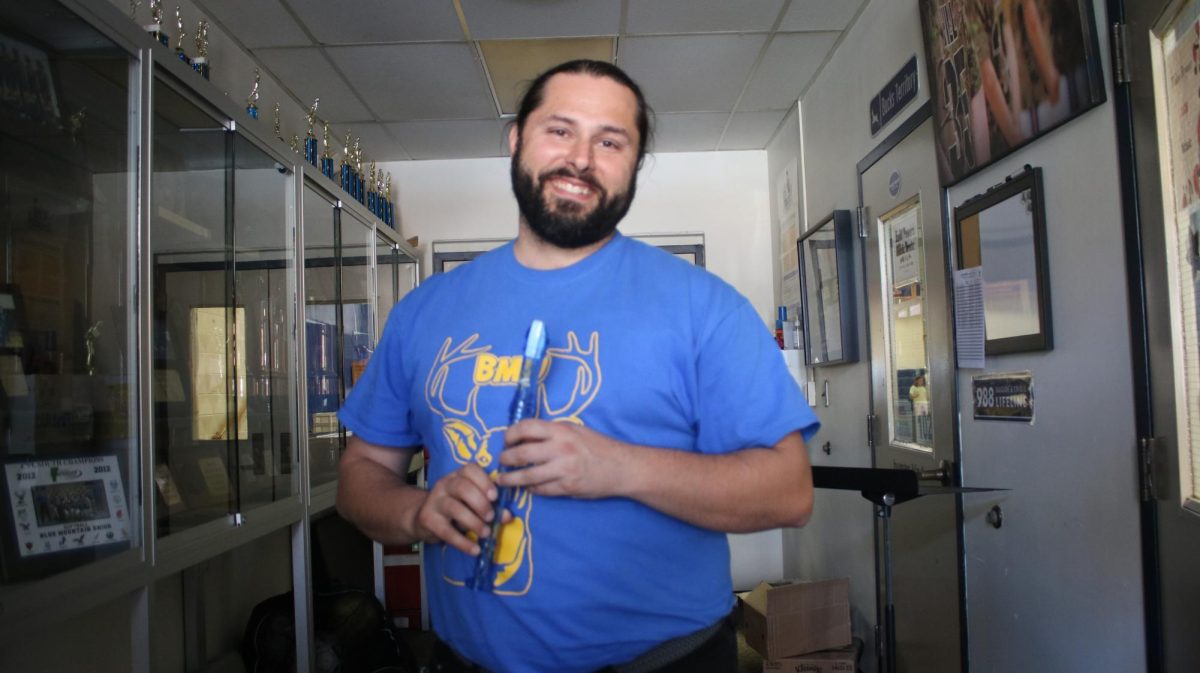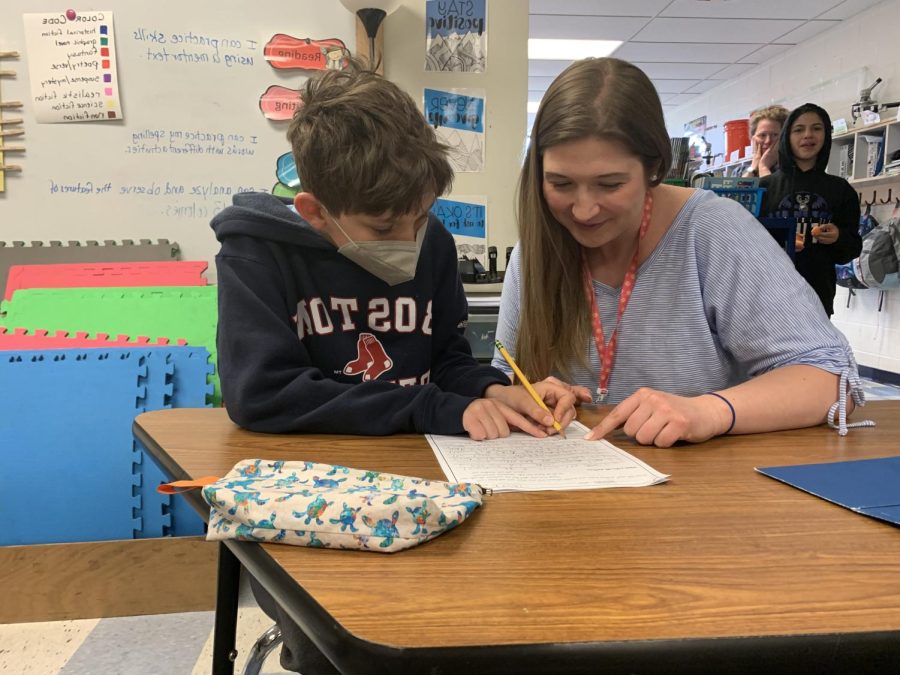Dual Enrollment Southern New Hampshire University Writing Composition students participated in a unit called Campaign for a Cause. In this unit, students selected an issue that interested them, conducted research, created an annotated bibliography, and wrote either a long or short op-ed on the topic. They then presented a speech about a local non-profit organization that addresses the issue. Each student chose whether to publish their short or long op-ed.
Diabetes is Stressful. Take a Minute and Learn a Few Things
In Vermont, more and more children are being diagnosed with type 1 diabetes. It’s one of the most well-known chronic illnesses, yet many Vermonters still don’t have an idea of how to help. Unfortunately, every single day, parents endure an emotionally impacted life from the illness, one filled with stress, exhaustion, and fear.
I know this firsthand. I was diagnosed with type 1 diabetes at 8 years old. I remember waiting at Dartmouth Hitchcock Medical Center, something I’m sure most of us have experienced before, unsure of what was happening. Across from me sat my mother, silent, pale, and confused. That moment made me realize that diabetes doesn’t just affect the kids, but the parents, too.
Although parents wish everyone could match the care that they provide their child, they also understand that’s not possible. My mom never expected people to be experts, as she’s not one herself, but she did hope that people would empathize with her stress enough to try to be prepared. A simple phone number exchange at sleepovers was enough to reduce her stress. Small actions of consideration often have a greater impact than we realize..
If you think managing diabetes at home is the most stressful part for parents, think again! Children with diabetes spend much of their day at school, under the supervision of teachers who may not be fully trained to recognize or respond to the illness. For example, when a child’s blood sugar dysregulates, they will act disoriented or exhausted. If a teacher doesn’t recognize these signs or wrongly mistakes the child’s PDM for a phone, it quickly can lead to embarrassment or a dangerous situation. These small mistakes add up and ultimately heighten stress for the children and parents.
So what can Vermonters do? Learn the basics. If a diabetic child is low, they need sugary snacks and time to rest. If they’re high, they may need insulin or water. Most importantly, communicate with their parents and ask how you can best support them. Those may just be the basic steps, but they could be the actions a family needs. Additionally, even joining diabetes support groups on online platforms like Facebook is a fantastic resource in understanding how you can help.
These small steps allow families to feel supported and heard. Children with diabetes deserve compassionate care, and their parents deserve reassurance. We can’t take the disease away, but as Vermonters, we can start to peel away parental fears by just understanding how to help.




















